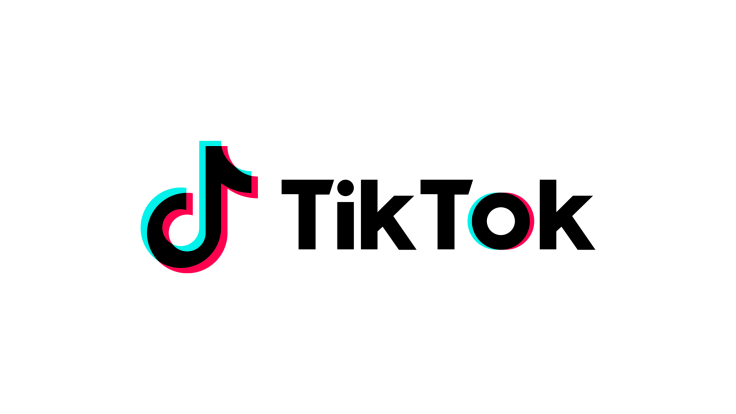Is TikTok Banned in the UK? Here's A List of Countries Affected & How Tight Their Controls Are Over The App
TikTok faces a mix of partial and full bans around the world, with each country applying its own level of enforcement.

Since concerns around data privacy, security, and foreign influence have grown, many countries have enacted bans or restrictions on TikTok. Some are full bans, while most target government or official devices.
In the United Kingdom, TikTok is banned on government‑issued mobile phones used by ministers and civil servants, beginning 16 March 2023. The ban also extends across the parliamentary network and in certain local government bodies like London City Hall and the Scottish Government. Personal devices are not affected, meaning that citizens may still download and use the app freely.
Partial Bans: Official Devices & Work Phones
Many countries have stopped short of full bans, instead restricting TikTok on government or work devices. In Australia, the ban applies to devices issued by the federal government, after advice from intelligence and security agencies. In Belgium, federal government devices are forbidden access, citing cybersecurity, privacy, and misinformation risks; the ban was made indefinite after being temporary. In Canada, federal government employees must remove TikTok from all government devices, viewed as a risk to privacy and security.Denmark's Defense Ministry ordered employees to remove TikTok from all work phones.
In a similar way, Norway's work devices are banned from having TikTok by the parliament, especially those connected to networks handling official or sensitive data.European Institutions such as the European Parliament, Commission, and Council have banned TikTok on the devices of their staff. Some advice also urges removal from personal devices in some cases.
Government phones used by civil servants in France are barred from recreational apps including TikTok, though private device usage is not part of the ban, and Taiwan's public sector devices (phones, tablets, desktops) are blocked from TikTok and certain other Chinese‑made apps owing to national security concerns.
Full Bans and Country‑Wide Blocks
Some countries, such as those listed below, have imposed full or near‑full bans. In India,TikTok was banned nationwide in 2020, along with other Chinese apps, for security and privacy reasons. That ban remains in effect. In Afghanistan under Taliban rule, TikTok is banned (alongside apps like PUBG), with the justification of 'protecting youth from misinformation or being misled'. Somalia's government has ordered telecom companies to block TikTok, citing concerns over content that it considers offensive or morally inappropriate.
Enforcement: How Tight Are the Controls?
Countries that restrict TikTok on official or government devices generally enforce the rule strictly for those devices via removal of the app, blocking installation, warnings from cybersecurity or intelligence agencies.
Full bans, such as those in India or Afghanistan, are enforced comprehensively: app stores remove the app, ISPs or national internet policy blocks access, and users cannot lawfully use TikTok without workarounds.
Countries with Temporary or Special‑Case Bans
Some countries have had bans in effect temporarily or in specific circumstances, such as Pakistan and Indonesia.
Pakistan has banned TikTok multiple times since 2020 for concerns over immoral content. These bans have often been lifted after court orders or compliance. In Indonesia, TikTok's online retail functions have been restricted while the rest of the app remains available.
As evidenced above, TikTok is banned or restricted in many countries, but the degree of ban varies: Some countries have full bans for all users and devices, and many others restrict only government or work devices. Enforcement tends to be very strong for official device bans while personal device use generally stays unrestricted under those regimes.
© Copyright IBTimes 2025. All rights reserved.





















